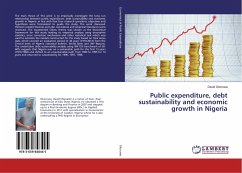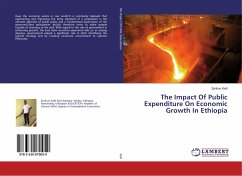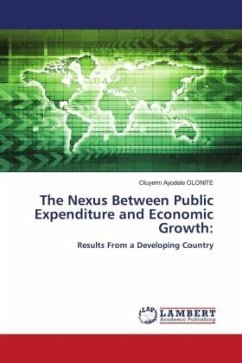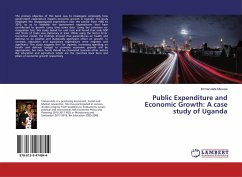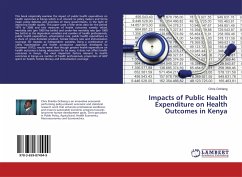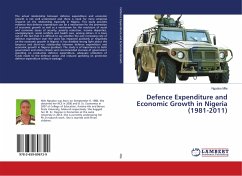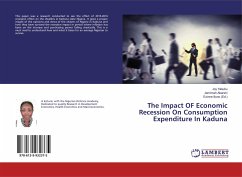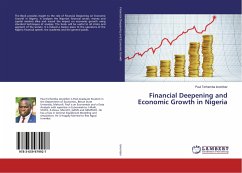The main thrust of this work is to empirically investigate the long run relationship between public expenditure, debt sustainability and economic growth in Nigeria; in line with that four research questions, objectives and hypothesis were formulated to guide the study. The work discussed thirteen related theories and also conceptual and empirical literatures were reviewed. The Augmented Solow theory was chosen as the theoretical framework for this study leading to empirical analysis using descriptive statistics, error correction mechanism and other statistical test which was used to estimate the models constructed for the study based on time series data which covered an evaluation period of 44 years (1970-2013) from the Central bank of Nigeria Statistical bulletin, World Bank and IMF Reports. The undertaken debt sustainability analysis using IMF DSI benchmark of 50-60% suggests that Nigeria was on a sustainable path for the first 13 years (1970-1982) and shifted to an unsustainable path from 1983 to 1995 for 14 years and returned to sustainability for 1996, 1997, 1998.
Hinweis: Dieser Artikel kann nur an eine deutsche Lieferadresse ausgeliefert werden.
Hinweis: Dieser Artikel kann nur an eine deutsche Lieferadresse ausgeliefert werden.

